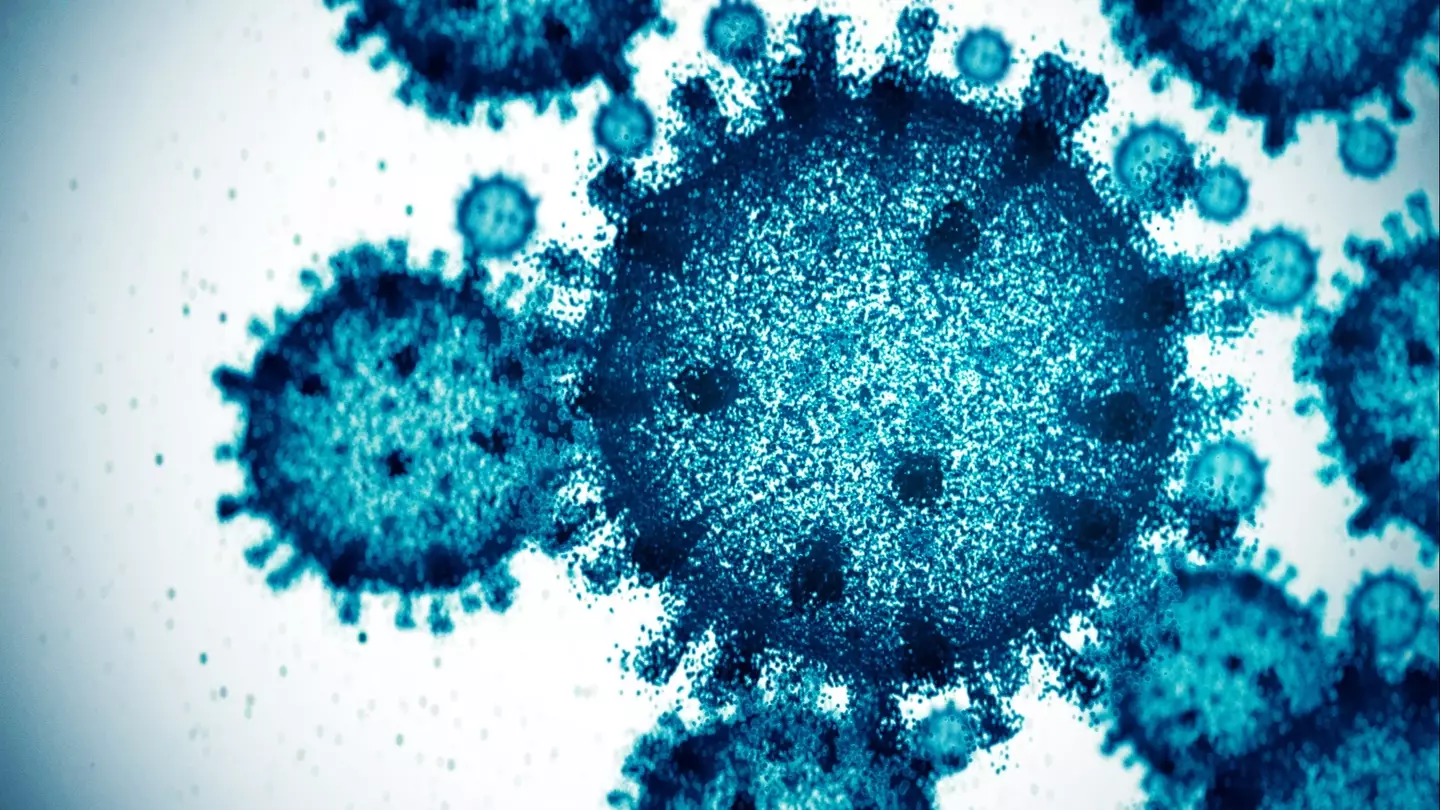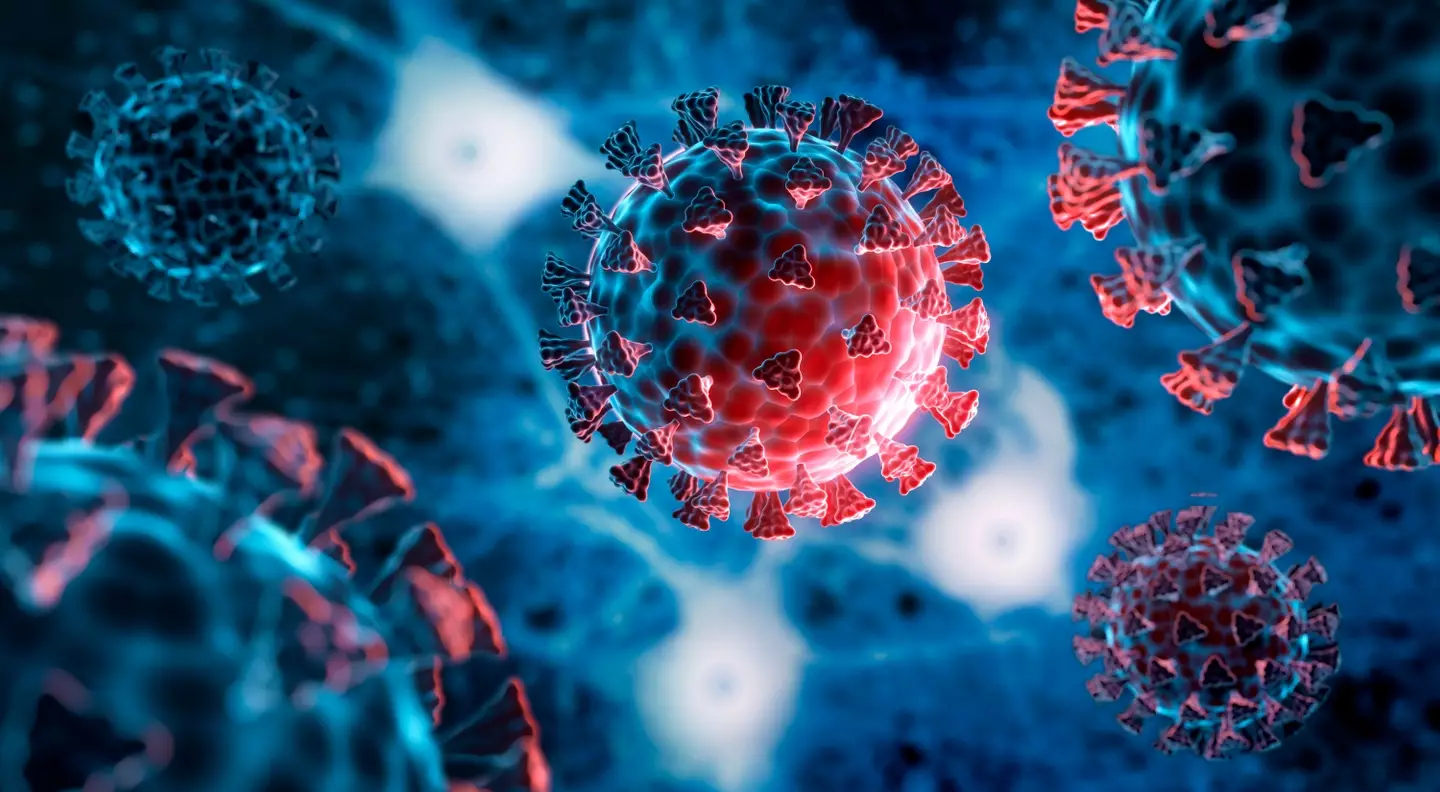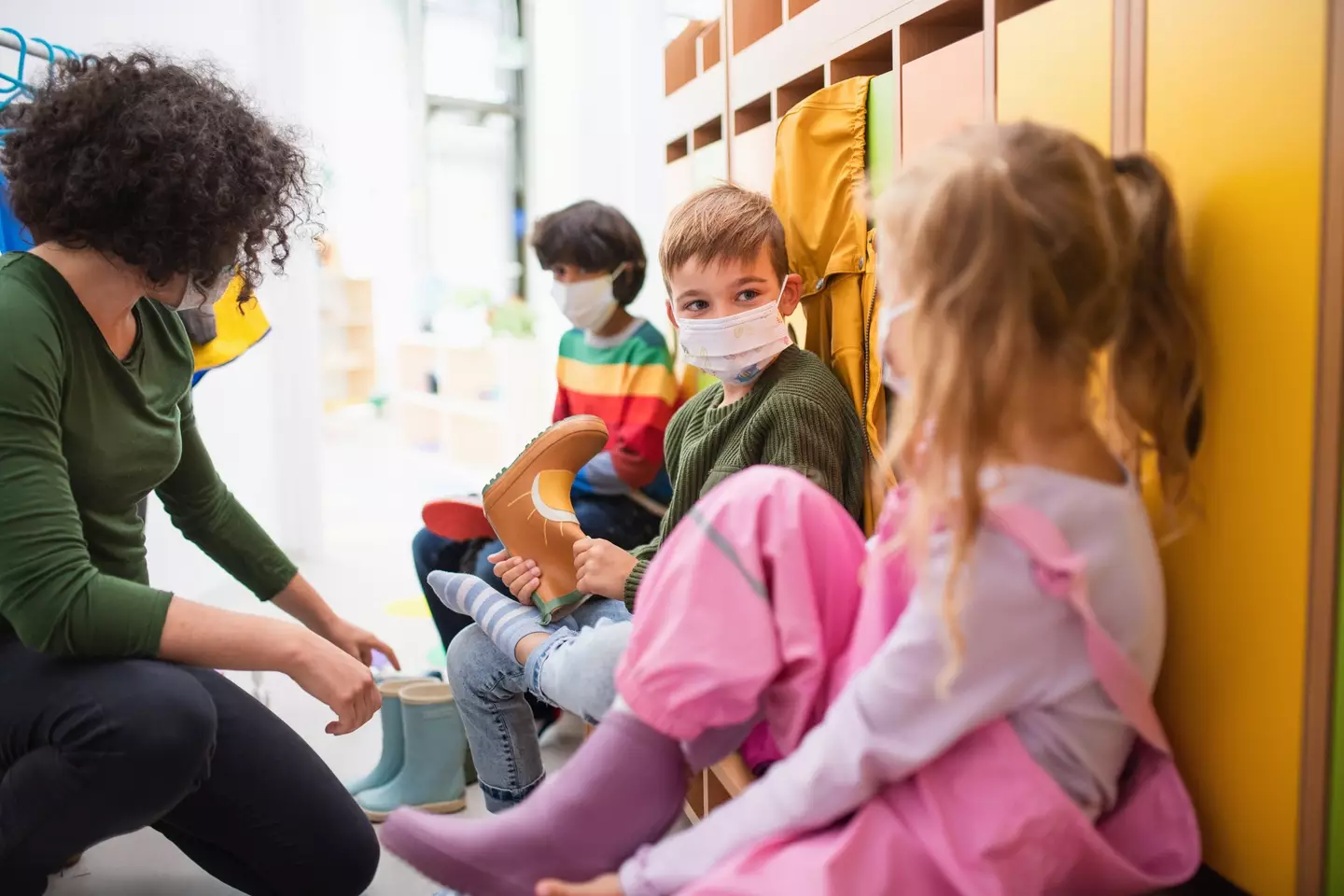
New research has shed some light on the long-term impact of coronavirus - and it's not exactly good news.
It has been more than five years since the original outbreak, but we still haven't been able to take much of a breather, as the globe is now grappling with the spread of the new 'Stratus' strain.
The UK government says that although it's completely normal for viruses to mutate and change, experts are still working out how to 'optimise our protection' from Covid variants like this one which can crop up.
At the moment, the Stratus strain - which consists of the XFG and XFG.3 variants - is doing the rounds.
Advert
It is currently responsible for the majority of recorded Covid cases in the UK, totalling 38.3 percent and 32.8 percent of cases respectively, according to the UK Health Security Agency (UKHSA).

Interestingly, a lot of people who have unfortunately been infected with Stratus have been complaining about having a hoarse voice.
Sufferers also seem to be dealing with a lot of the same symptoms which they were subjected to by previous variants of Covid, such as a cough, fever, fatigue, and a change in your sense of taste or smell.
And now Stratus is on the scene, the results of a study carried out by the US' National Institutes of Health (NIH) have left people a little worried.
People who have been infected with Covid on more than one occasion might believe they've at least built some immunity up against the virus - however, this is apparently a huge hindrance to our health rather than any sort of help.
It turns out that youngsters are twice as likely to develop long Covid after being struck down by the virus for a second time, compared to their peers who have only dealt with a single previous infection.

The NHS explains that long Covid, which is sometimes also dubbed post-Covid syndrome, is a term used to describe symptoms of the virus that last longer than 12 weeks.
Common symptoms include extreme fatigue, shortness of breath, joint pain, aching muscles and problems with your memory and concentration.
"It's a new condition that's still being studied, but treatment can help," the NHS states. "Some symptoms may get better or come and go. You can also get new symptoms you have not had before.
"You may find your symptoms get worse if you're stressed or have been more active."
Children and teens who have been infected with Covid twice have double the chance of developing the condition, in comparison to those who have only had Covid once, according to the research published in The Lancet Infectious Diseases.
As well as this, people who endure a second infection are also more at risk of suffering serious complications.
The potential of myocarditis - inflammation of the heart muscle which impacts your ticker's ability to pump blood, that can be fatal - tripled, experts at NIH said.
Kids were also more than twice as likely to suffer blood clots after having Covid twice - while the risk of experiencing damaged kidneys, abnormal heartbeats, headache, abdominal pain and severe fatigue also rose.

Scientists used data from 40 children's hospitals and health institutions in the US for the study, while looking at patients who were below the age of 21.
The authors of the study suggested that 'immunisation' is the best protection against both Covid and the possibility of contracting long Covid.
"The results of this study further support one of the strongest reasons I give patients, families and physicians about getting vaccinated," Ravi Jhaveri, the Head of Paediatrics Infectious Diseases at Ann & Robert H. Lurie Children’s Hospital of Chicago, said. "More vaccines should lead to fewer infections, which should lead to less long COVID."
Grown ups aren't immune to this heightened risk of long Covid either, the experts explained.
"Our paediatric findings also align with adult studies," the study said. "Research in adults shows that long COVID symptoms often worsen with repeated infections, suggesting potential shared mechanisms across age groups.
"These cross-population findings collectively emphasise the importance of ongoing clinical vigilance, mechanistic research, and strategies to mitigate reinfection-related risk."
Topics: Health, NHS, News, Science, World News, Coronavirus